The rollout of COVID vaccinations in Europe and beyond has brought new freedom to cruise fans, but cruising is far from ‘normal’. Here are some of the lessons we’ve learned while travelling during a global pandemic — and a taste of what fully vaccinated Australians should be ready to encounter.
Prepare for paperwork
At times this year, completing the paperwork before a cruise has felt like a full-time job. At the moment, most European countries require sighting of a detailed track-and-trace form, which generates a QR code, before you’re allowed in. Various administrative joys of these include scanning your vaccination certificate, scanning your fit-to-travel Covid test, and knowing exactly what seat you’re sitting in on the aircraft. Tip: Travel with a tablet or laptop to complement your phone, as some forms have to be filled in while you’re in transit. Do not expect your ship’s crew to understand the nuances of every country’s form.
Every country is different
You may have thought the European Union was one homogenous bloc, but it’s far from it. Every country has its own rules regarding masks, vaccination, boosters, social distancing and public gatherings. In some countries, these rules vary according to region. It’s your responsibility to understand the rules for wherever you’re going; sometimes cruise lines can barely keep up themselves.
Green passes in varying forms
Italy has the Green Pass and France has the Pass sanitaire, which you download onto your phone. While we didn’t have an actual Green Pass in Italy in October, I had to show my vaccination certificate, with QR code, and ID to get into any public building. In France, you’ll need the Pass sanitaire even to get into a café. As Europe heads into winter and what’s predicted to be a tough flu season, there’s no reason to assume any of this will have changed by the time Australian travellers arrive in spring.
Masks everywhere
Mainland Europeans are pretty compliant when it comes to masks in public spaces. In Spain, France, Greece and Italy, you wouldn’t expect to enter a shop or use public transport without a mask. So you’ll need a good supply of masks on hand.
Mask chic
Some cruise lines have started a trend in mask fashion. Celebrity offers silky blue ones, while Variety Cruises gave us smart navy cotton versions and Regent offers its own logo-ed fabric mask. Others are stricter; Saga Cruises bans all masks apart from the standard paper ones it issues itself, so no glittery facewear there on formal night.
Protocols on board
No two cruise lines have the same rules on board. P&O Cruises didn’t allow dancing when we sailed on the new Iona in August, although Saga and MSC did. Uniworld’s SS La Venezia, a small riverboat, allowed public gatherings in the bar, three opera singers and a band — but no cruise director’s nightly briefing. The one thing I’m grateful for is that of the seven cruise lines I’ve sailed with this summer, none have had a self-service buffet. The last thing you want is other passengers breathing over your food.
Every line has different testing rules
Generally speaking, you can expect to be tested at the cruise terminal before you board, again mid-cruise and possibly before disembarking. These are rapid antigen tests in most cases. Celebrity Cruises is stricter and, at present, requires PCR tests to be done a couple of days before sailing, as does Seabourn. Depending on where you join your cruise, you may need a separate test to enter some countries. Be prepared for a lot of tests.
The antigen tests at the terminal are free, as is any mid-cruise testing. Viking, for example, conducts saliva tests most days on each cruise. If you need a fit-to-fly test to travel home or to your next destination, you don’t need to go hunting down a chemist on a remote Greek island. Cruise lines will supply these tests, but you usually have to pay.
Bubble tours are a bore
Several cruise lines still insist on ‘bubble’ excursions, so you can’t go ashore independently. You’re at the mercy of the cruise line to provide affordable, entertaining excursions. I’ve done some that were very good (an MSC tour to a superb stately home in Dorset comes to mind), while others were frankly depressing. In November last year, I sat on a beach in the Caribbean watched over by police so we didn’t mix with the locals. The rules for going ashore depend on local protocols and the cruise line’s own policy. So far this summer, Greece has been the best bet, with independent exploration allowed everywhere.
Situations change rapidly
Snap local lockdowns can happen if Covid rates spike. I was in Mykonos in July the day a week-long lockdown was announced. None of the bars were allowed to play music and a curfew was in place. This doesn’t tend to affect cruise passengers, as ships usually leave in the evening, but you need to keep an open mind.
Covid does get on board
I’ve been on three ships so far where Covid has slipped past the testing. All cruise lines have different protocols for dealing with this, but it’s becoming an inevitability rather than a drama, unless you happen to be the person with Covid. If someone develops symptoms or tests positive, they’ll be isolated in their cabin. Close contacts, including crew, are tracked and traced, isolated and tested. Once you’re cleared, you’re allowed out again.
Quarantine hospitals
Anyone who needs medical attention can be disembarked and taken to hospital. Otherwise, most cruise lines allow you to stay on until the most convenient port to disembark, so you won’t be abandoned in the middle of nowhere. The bad news is that you could find yourself in an isolation hotel until you test negative; in Italy, you’ll have to stay for 10 days. You’ll have to change your travel arrangements. You must, must, must have comprehensive travel insurance.
Booster vaccines are the next big issue
In Europe, third doses are being rolled out, while most Australians are only just receiving their second dose. This will be something to bear in mind during 2022. Austria, for example, won’t let you in beyond nine months from your second dose. So British cruisers in the first cohort to get vaccinated are now finding they can’t join a Danube Christmas markets cruise unless they’ve had their Covid booster shot.
Your essential Covid kit
This is what I travel with, as a precaution, and this is despite being double vaccinated and possessing some immunity from having actually had Covid. A digital thermometer; pulse oximeter; a supply of DIY antigen tests; paracetamol and ibuprofen just in case; hand sanitiser; and spare masks. I take paper copies of my vaccination certificate, one for getting into venues and a fresh one for getting across borders. I always have my laptop, and a dongle in case I have to isolate and need fast WiFi.
And the good news is …
Everybody will be delighted to see you. The crew on board are so happy to be working again and welcoming passengers back. Destinations feel fresh, and over-tourism is not the issue of the day (for now). There’s a sense of celebration in the air. The experience on board really isn’t that different. And despite all the tedious admin, I haven’t met anybody who’s said they wish they had stayed at home.


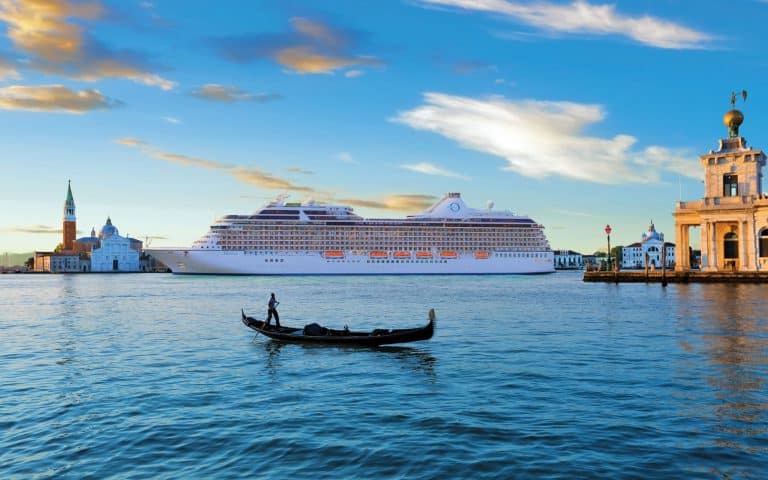
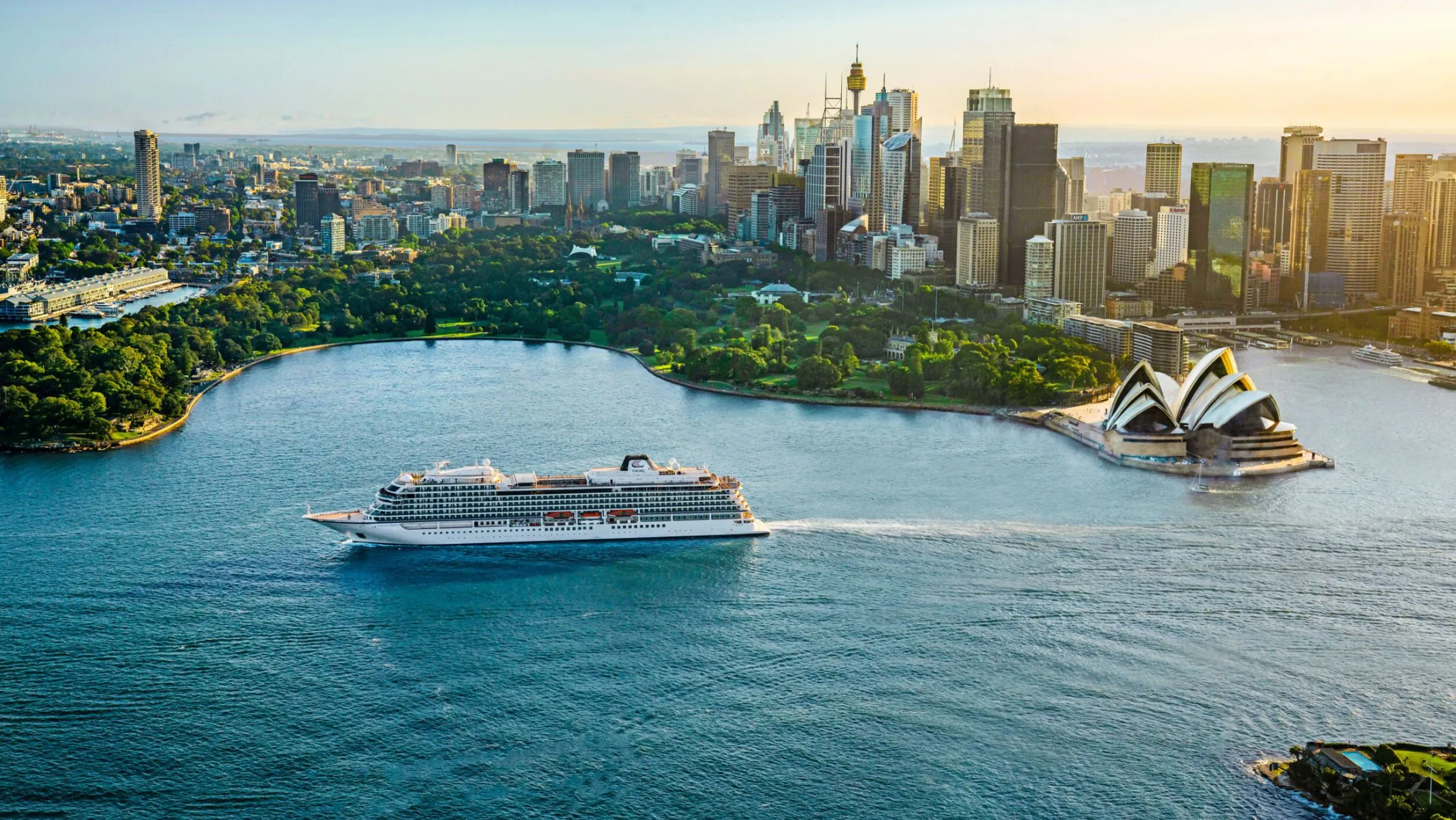
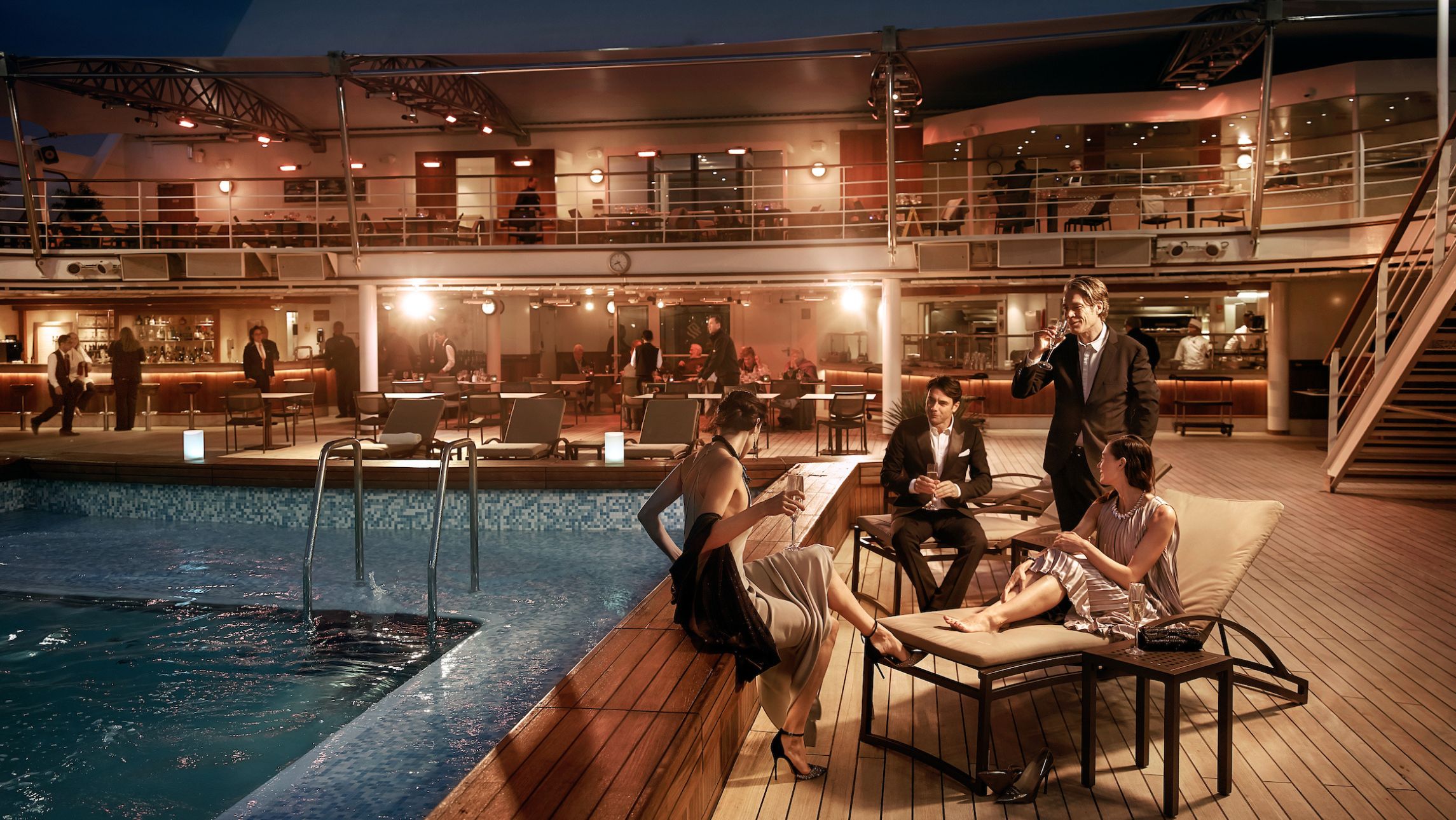
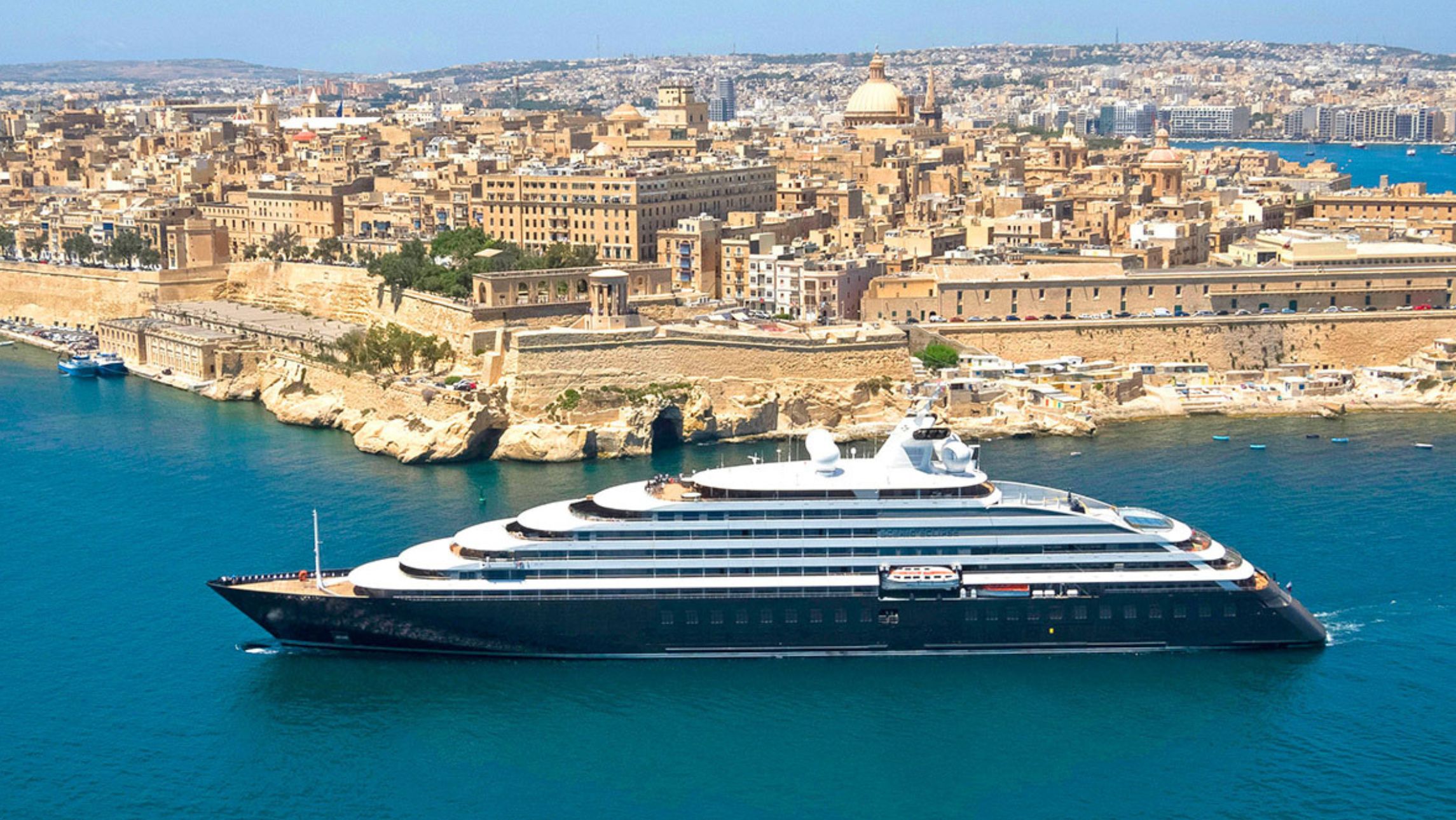
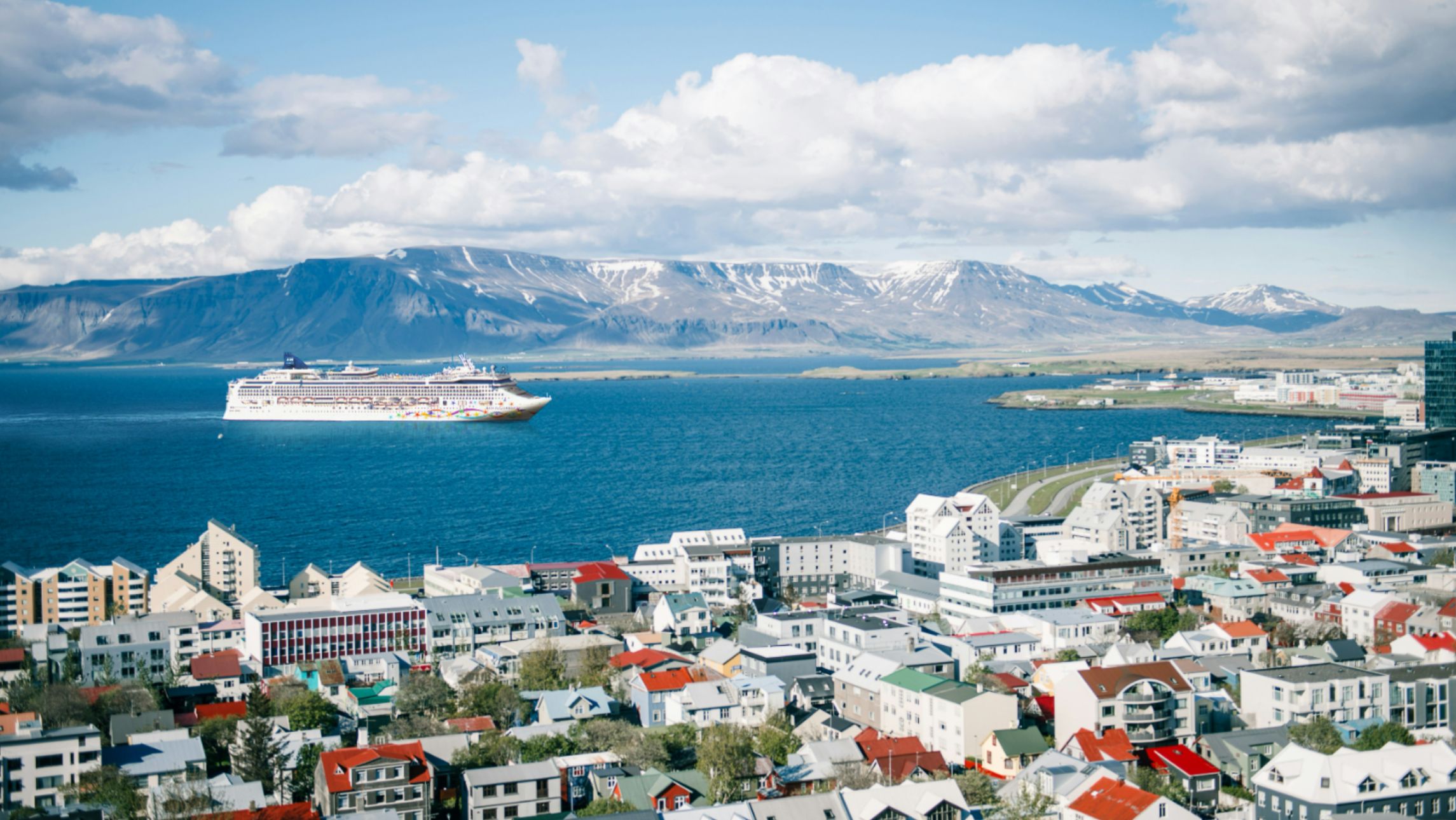



Where did you find travel insurance that covers changes to travel arrangements due to Covid? I can only find ones that cover you if you get it.